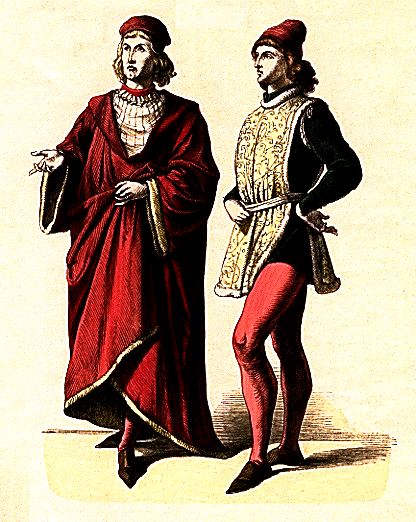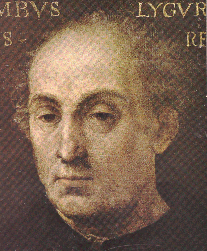Princeton and Stir-Fry
 This evening, I'm leaving for the New York/New Jersey area to go to a workshop at Princeton University. I'll take the red eye, get there in the morning, and visit a rather cold New York City during Wednesday-day (at least compared to the 100+ temperatures here). I'll probably meet up with the elusive John Barber at some point. Then Wednesday-night, I need to catch a train or something to that effect to Princeton. Which, by the way, is here.
This evening, I'm leaving for the New York/New Jersey area to go to a workshop at Princeton University. I'll take the red eye, get there in the morning, and visit a rather cold New York City during Wednesday-day (at least compared to the 100+ temperatures here). I'll probably meet up with the elusive John Barber at some point. Then Wednesday-night, I need to catch a train or something to that effect to Princeton. Which, by the way, is here.
So here's a recipe. Jessica and I decided to try cooking on alternate weeks, starting last Friday. I tried something I hadn't tried before, orange beef stir-fry, and I think it turned out well. Stir-fry is a style I like because you can prepare the ingredients before cooking and the cooking only takes about 10 minutes. Orange and meat yields an exotic taste. Be warned though, that although the recipe claims to give 4 servings, this was just enough to feed the two of us. Oh, and though it asks for beef bouillon, I didn't have any and it still tasted okay.
Orange Beef Stir-Fry
- 12 ounces beef top round steak
- 1 teaspoon finely shredded orange peel
- 1/2 cup orange juice
- 1 tablespoon cornstarch
- 1 tablespoon soy sauce
- 1 teaspoon sugar
- 1 teaspoon beef base or bouillon granules
- 1 tablespoon peanut or vegetable oil
- 4 green onions, bias-sliced into 1-inch
pieces
- 2 garlic cloves, finely minced
- 6 cups (8 ounces) coarsely shredded spinach
- 1/2 of an 8-ounce can sliced water chestnuts,
drained
- Hot cooked rice
- Slivered orange peel (optional)
- 1 teaspoon finely shredded orange peel

- Trim fat from meat. Partially freeze meat.
Thinly slice across the grain into bite-size strips. Set aside.
- For sauce, in a small bowl stir together
shredded orange peel, orange juice, cornstarch, soy sauce, sugar,
and beef base or granules. Set aside.
- Add oil to a wok or large skillet. Preheat
over medium-high heat (add more oil if necessary during cooking).
Stir-fry green onions and garlic in hot oil for 1 minute. Remove
green onion mixture from wok.
- Add meat to wok. Stir-fry fro 2 to 3 minutes
or to desired doneness. Push meat from center of wok.
- Stir sauce; add to center of wok. Cook
and stir until thickened and bubbly. Return green onion mixture
to wok. Add the spinach and water chestnuts. Stir all ingredients
together to coat. Cover and cook about 1 minute more or until
heated through.
- Serve immediately over hot cooked rice.
If desired, sprinkle with slivered orange peel.
Makes 4 servings.
 Mexican novelist Carlos Fuentes
Mexican novelist Carlos Fuentes Any of us, transported to the Aztec capital
Any of us, transported to the Aztec capital 

 They Weren't Sensitive Ethnologists. In one of his first communications from the New World, Columbus described the Tainos of the Carribbean:
They Weren't Sensitive Ethnologists. In one of his first communications from the New World, Columbus described the Tainos of the Carribbean:






 According to local
According to local 